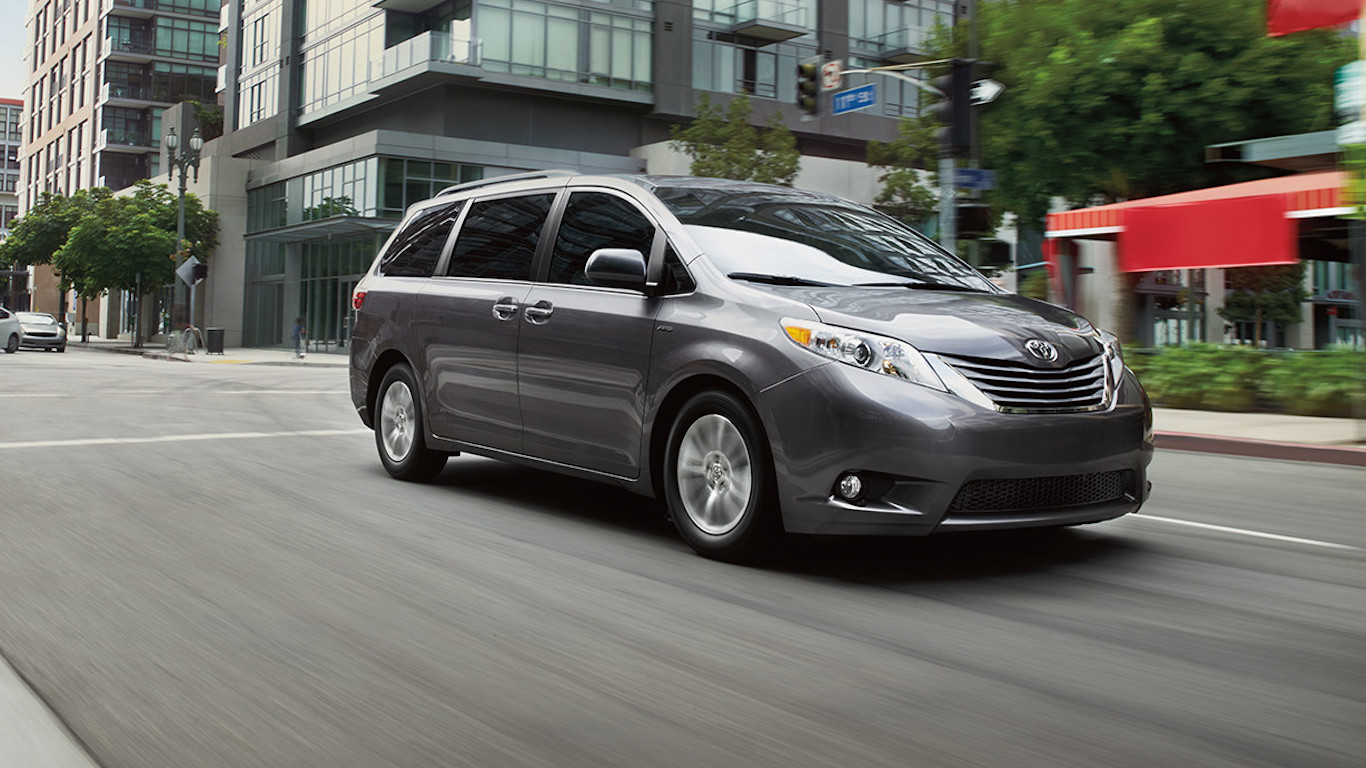Cars and Drivers
Toyota, Uber Want to Put the Gig Economy on Steroids

Published:
Last Updated:

Ride-sharing giant Uber and Toyota Motor Corp. (NYSE: TM) announced an agreement Tuesday morning to collaborate further on building and selling “autonomous ride-sharing as a mobility service at scale.” The two firms said that means that technology from both companies will be integrated into “purpose-built” self-driving vehicles for Uber’s ride-sharing network.
It does not appear that either company wants to be on the hook for owning and managing a fleet of self-driving Uber vehicles. The two also said that once mass-production begins, “vehicles will be owned and operated by mutually agreed upon third party autonomous fleet operators.” Think of it as the gig economy on steroids.
The plan takes a page from Amazon’s June announcement of a last-mile delivery service that will be farmed out to independent operators who will get marketing help from the company but will have to invest their own cash in building up a fleet.
Toyota also noted that it is investing $500 million in Uber. The investment represents a stake of approximately 0.7% in Uber at a valuation of $71.5 billion for the startup. Including the Toyota investment, Uber has raised $22.2 billion in 22 funding rounds that began with a seed round of $200,000 in August 2009.
Dara Khosrowshahi, Uber’s CEO, said:
The deal is the first of its kind for Uber, and signals our commitment to bringing world-class technologies to the Uber network. Our goal is to deploy the world’s safest self-driving cars on the Uber network, and this agreement is another significant step towards making that a reality. Uber’s advanced technology and Toyota’s commitment to safety and its renowned manufacturing prowess make this partnership a natural fit.
The first vehicles in what Toyota and Uber call the “Autono-MaaS” (Mobility-as-a-Service) fleet will be based on Toyota’s Sienna minivan. Uber’s autonomous driving system and Toyota’s Guardian automated safety support system will be integrated into the Sienna fleet. Pilot-scale programs are expected to begin in 2021.
The thought of burdening your family with a financial disaster is most Americans’ nightmare. However, recent studies show that over 100 million Americans still don’t have proper life insurance in the event they pass away.
Life insurance can bring peace of mind – ensuring your loved ones are safeguarded against unforeseen expenses and debts. With premiums often lower than expected and a variety of plans tailored to different life stages and health conditions, securing a policy is more accessible than ever.
A quick, no-obligation quote can provide valuable insight into what’s available and what might best suit your family’s needs. Life insurance is a simple step you can take today to help secure peace of mind for your loved ones tomorrow.
Click here to learn how to get a quote in just a few minutes.
Thank you for reading! Have some feedback for us?
Contact the 24/7 Wall St. editorial team.